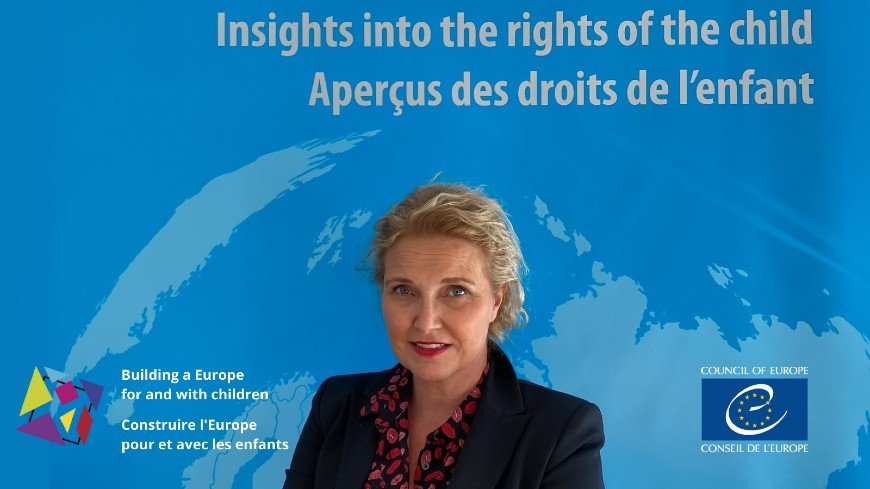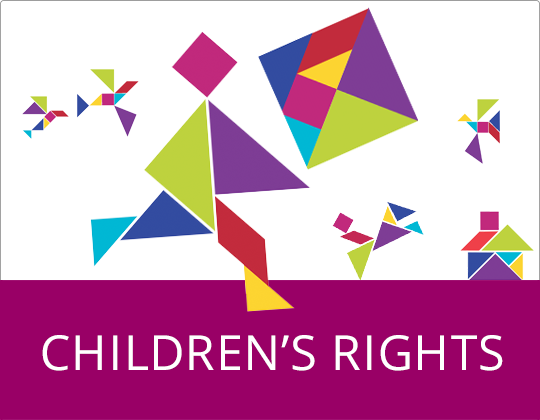An estimated 1.5 million children in the Council of Europe member states live in some form of alternative care. These children may be more at risk of having their human rights violated. If they are isolated from their families and communities, they may lack suitable care for their individual needs, suffer from unstable relationships and be at higher risk of falling victims to violence and abuse.
On 16 September 2021, Ms Regina Jensdottir, Council of Europe’s Coordinator for the Rights of the Child, presented key conclusions reached at the Regional Conference organised as the Council of Europe contribution to the UN Committee on the Rights of the Child (UNCRC) Day of General Discussion (DGD) on "Children’s Rights and Alternative Care". She recalled that for more than 15 years the Council of Europe has been upholding the rights of children living in alternative care, drawing from the important guidance provided by the UNCRC, by the case-law of the European Court of Human Rights, and by the increasing body of relevant recommendations adopted by the Committee of Ministers. Ms Jensdottir emphasized the Council of Europe’s unwavering commitment to ensure, together with its member states and partners, that the rights of children continue to be at the core of its actions to make sure that children living in alternative care, as every child in Europe and in the world, live in a supportive, protective and caring environment that allows them to develop their full potential. In this respect, the Council of Europe together with its partners at the regional and global levels, focuses on the following three objectives always in the light of the best interest of the child:
- preventing family separation and the placement in alternative care for all children;
- protecting and supporting children who need to be placed in alternative care also by finding the most appropriate care setting for them; and
- keeping a close eye and promoting special support to children in particularly vulnerable situations (including, for example, migrants, children with behavioural problems or children in transition to adulthood).
Useful links:




